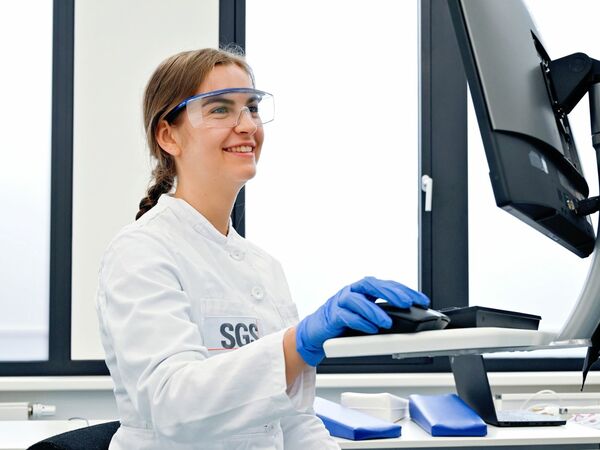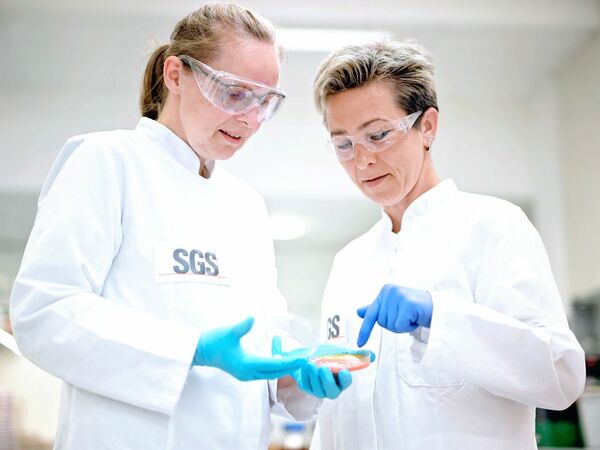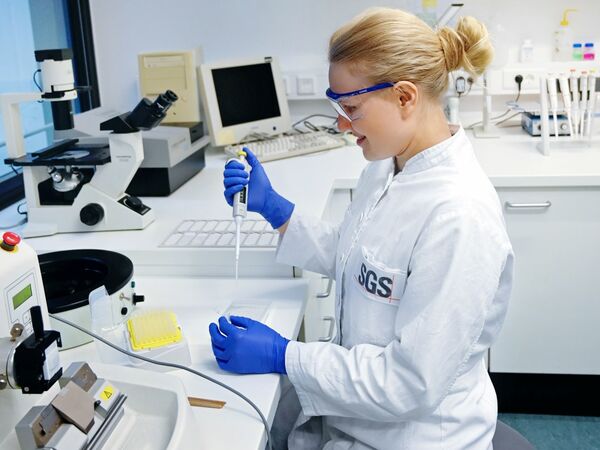


Marketability
Compliance with legally prescribed limits and the safety of the product are important criteria for marketability. We provide all services related to the marketing of cosmetics and personal care products from a single source:
We carry out chemical-physical quality tests as well as analyses and content determinations of active ingredients, excipients and contaminants for all cosmetic product groups as well as detergents and cleaning agents. The tests ensure that all legal parameters are complied with or that the product specification of cosmetic products is safeguarded.
We also test special parameters that are of interest to "Stiftung Warentest" and "Ökotest".

Microbiological stability is a decisive quality criterion. We support manufacturers in all microbiological and hygiene-related issues. In our high-performance microbiology laboratory, we analyse and test everything that is important for cosmetics as well as detergents, cleaning agents and cleaning products.
On-site hygiene training contributes to a high degree to improved operational hygiene and thus to production safety for the manufacturer.



Dammtorwall 7a
20345 Hamburg
t. +49 40 - 35 53 81 - 0
Im Maisel 14
65232 Taunusstein
t. +49 6128 744 0
Georg-Ohm-Strasse 5
65232 Taunusstein
t. +49 6128 744 316
Kasteler Strasse 45
65203 Wiesbaden
t. +49 611 962 5937
Fritz-Atzl Str. 8
A- 6300 Wörgl